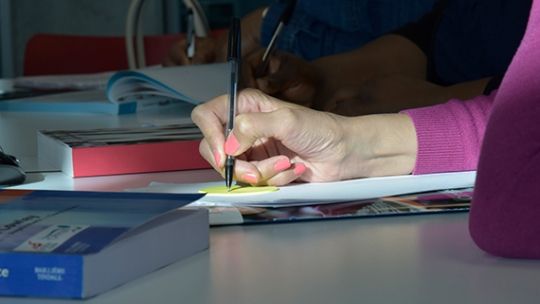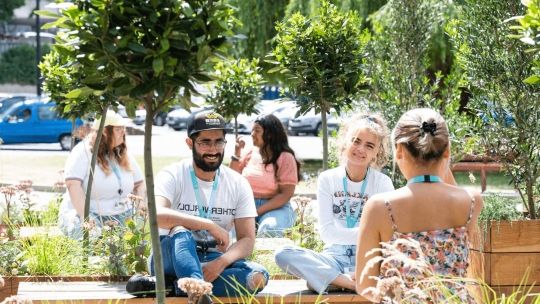
Top tips for applying to university
Top tips for applying to university
When to apply to university
When applying through UCAS, students are to select their 5 university choices by the main deadline date of 14 January 2026. This is known as their equal consideration deadline, meaning that course providers must consider all applications received by this time equally. But don’t panic, you can still apply after this deadline and all the way into Clearing. Universities and colleges can still consider late applications if they have spaces available once the on-time applications have been considered.


Choosing the right university
- Do you want to commute to university or stay in halls?
- Do you like how the university looks?
- Do you want a large or small university?
- Do you like the societies and sports clubs provided?
These, amongst others, are important questions to ask when applying to university. Although you are there to study, you are also there to experience university life so you want to go somewhere that you know you would love every day. And if any challenges surface you want to know that you will be able to overcome them with the support provided.
Having a good Students’ Union is important because they are the student advocates. They should support students with their needs, whether mentally, physically, emotionally or spiritually. So, when selecting universities to go to, look at the universities Student’s Union rank, employability rate, student satisfaction rate and other ratings around your interests in the university. The idea of studying at a big, well-known university may sound nice, but at the end of the day it’s you that will be going to that university. So, you want to pick somewhere that suits your needs and will prioritise you.
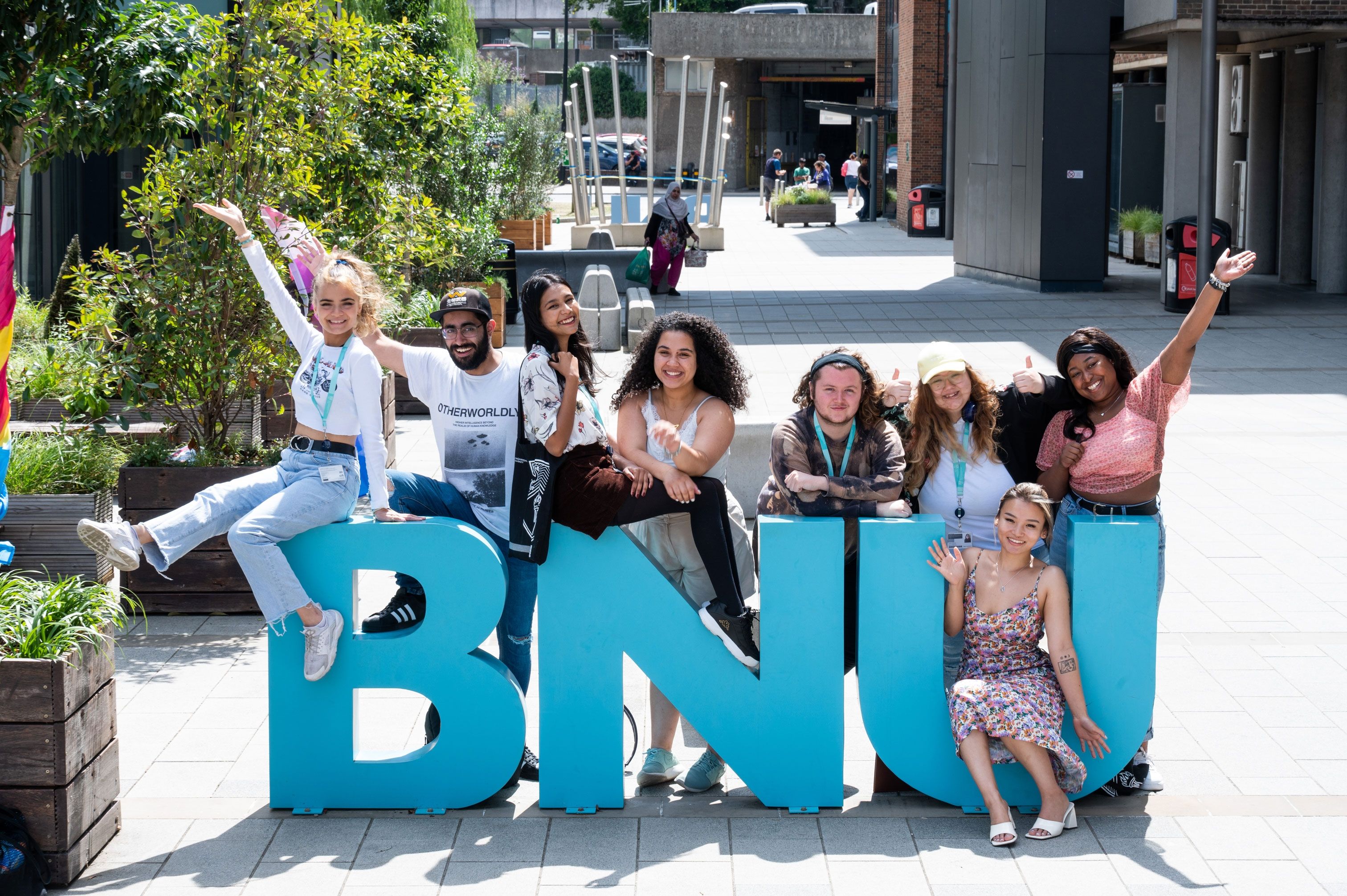
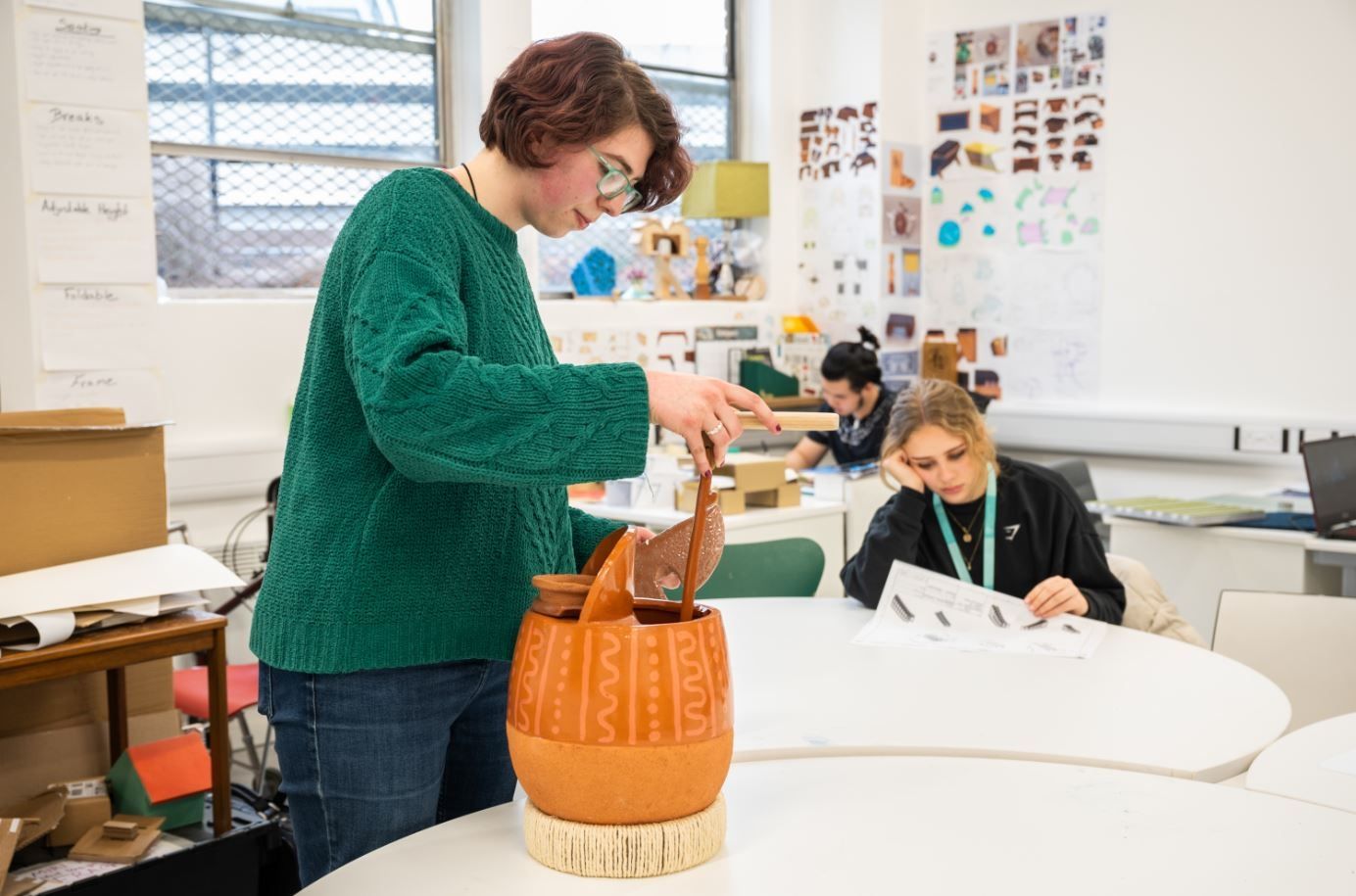
Writing your personal statement
Your personal statement is your chance to sell yourself to the universities you want to apply to, so make sure you pull out all the stops. Were you a class rep? Head or deputy head girl/boy? Were you a prefect? Anything you are proud of write it down. These make you stand out from other applicants. Mention any voluntary work that you have done. Universities want to hear about what you have done, why you did it and what you have learnt from it. Even if it was something small, if you can relate it to the course that you are applying for include it.
But remember a personal statement is just that, personal. Mention what you love, your hobbies, and any extracurricular activities that you have taken part in. These are some key questions to answer to get you started when writing your personal statement:
- Why have you chosen this course?
- What excites you about the subject?
- Is my previous or current study relevant to the course?
- Have you got any work experience that might help you?
- What life experiences have you had that you could talk about?
- What achievements are you proud of?
- What skills do you have that make you perfect for the course?
- What plans and ambitions do you have for your future career?
UCAS have useful hints and tips for writing your personal statement on their website.
Interviews and portfolios
Depending on the course you are applying to, you may be required to attend an interview; or even submit a portfolio. So, make sure you are prepared.
Check the university’s website and see if they have any guides on their interview process or what they are looking for from a portfolio. Check if other students have done interviews and see what they thought and did. If you know the framework of the interview you can prepare you responses. And understanding what universities are looking for in portfolios will help you decide what work to include. Remember to give the interviewer a deeper understanding as to why you want to study this course. But most importantly do not stress. The calmer you are the more the interview feels like a conversation, and you just flow with it.
If you need to take part in an interview, here are some things to think about:
- Consider the type of interview you can expect - Is it in person or online? one to one interview or a group interview? Formal or casual?
- Think about how you can stand out
- Re-read your personal statement
- Re-read the course information
- Plan some answers to common university interview questions
- Know your subject
- Practice with a friend
- Dress appropriately
- Arrive early
- Take a deep breath, and smile!
When preparing your portfolio follow these tips:
- Think carefully about what to include
- Choose how best to present your work(you may need to go digital)
- Tell them a story through your work
- Consider the details
- Remember the basics
- Think practically
- Include written work
- Get a second opinion on the work you want to include
- Be prepared to talk about your interests

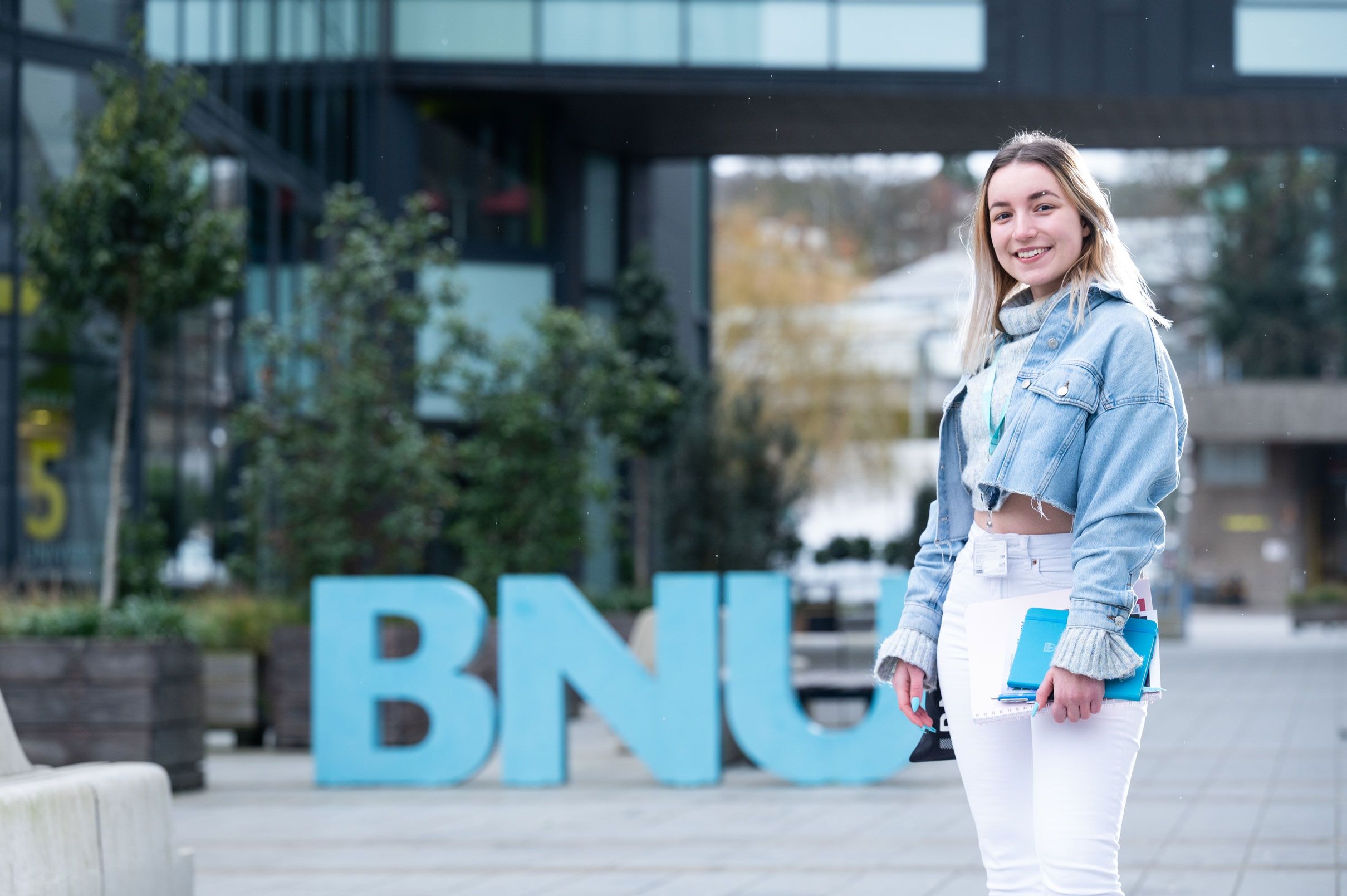
Make sure your application is ready
Lastly, you don’t want to rush and make any mistakes in your application, so start as early as you can. Cross check with a teacher, head of sixth form/college to ensure that your grammar, punctuation, spelling and all that jazz are up to par. And remember to apply on time.
University is a big step, but it is also an amazing experience. Not just because of the education, but because you meet people who could potentially be your life long friends. You learn new things about yourself, you overcome challenges and expand your skills. It is honestly amazing, so have fun.
For more information on applying to BNU, take a look at our undergraduate application guide or contact admissions@bnu.ac.uk.

